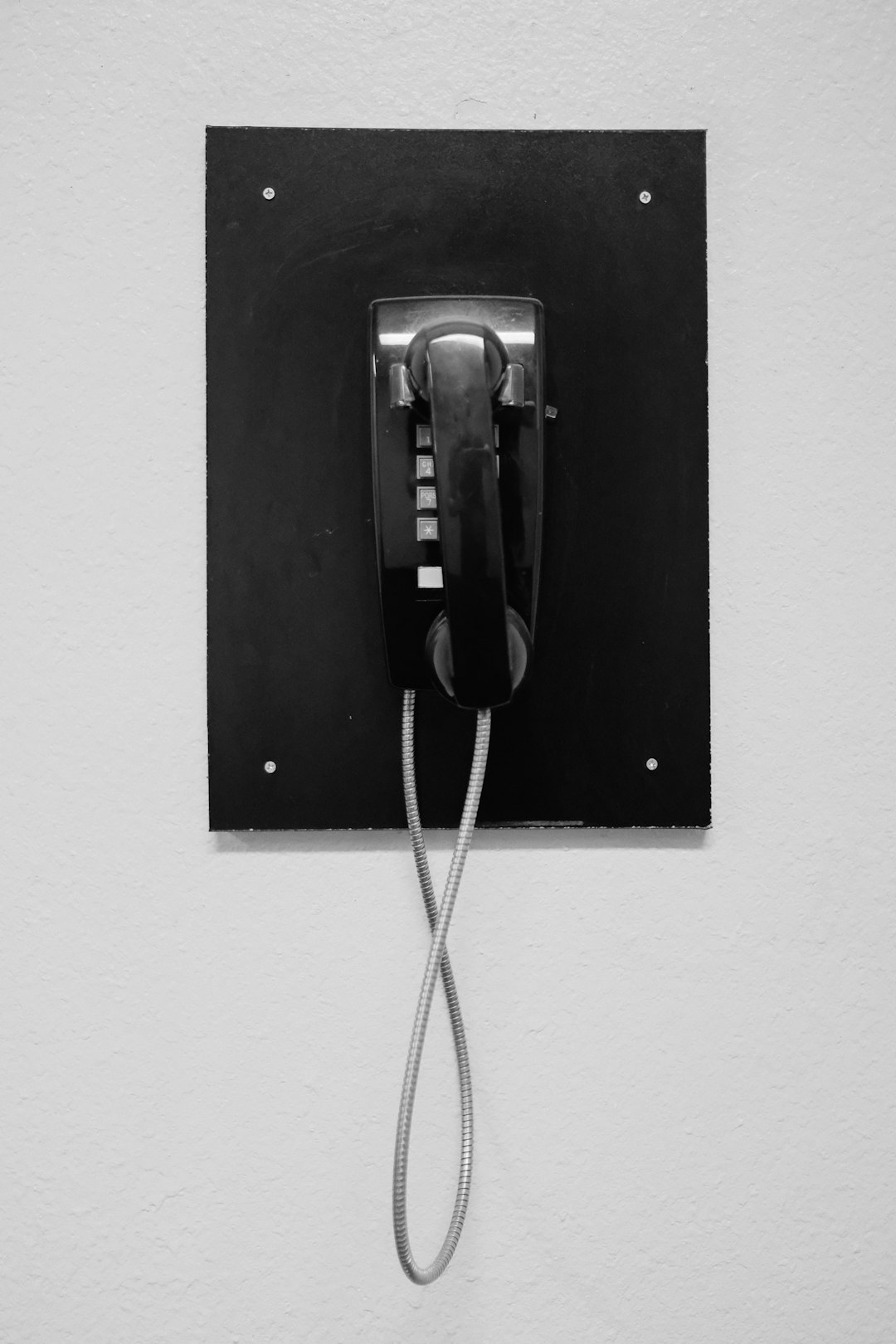South Carolina's strict Spam Call law firm regulations protect residents from unwanted automated communications through prior consent or specific exceptions. Apps like TruthCaller and Hiya, coupled with legal assistance from specialized firms, empower citizens to combat robocalls effectively. Leveraging machine learning and community reporting, these tools offer real-time blocking, extensive databases, and user feedback for a quieter communication experience. Legal experts recommend combining technology and privacy management strategies, staying informed about the Telemarketing and Consumer Fraud and Abuse Prevention Act (TCPA), and keeping contact details private to fortify defenses against intrusive spam calls.
Tired of relentless robocalls bombarding your South Carolina home? You’re not alone. With advancements in technology, spam calls have become a persistent nuisance. However, hope isn’t lost! This comprehensive guide explores top-rated apps designed to block these unwanted intrusions, harnessing cutting-edge technology to combat spam calls effectively. Learn about South Carolina’s spam call laws and discover expert tips from local attorneys for achieving greater peace of mind.
Understanding Robocalls and Spam Call Laws in South Carolina

In South Carolina, like many other states, robocalls and spam calls are regulated by the Telemarketing and Consumer Fraud and Abuse Prevention Act. This federal law, often referred to as TCPA, establishes rules for telemarketers and provides consumers with protections against unwanted calls. The law prohibits automated phone calls or text messages to consumers without their prior express consent, except in specific circumstances such as collection activities or certain non-profit organizations.
South Carolina’s Attorney General’s Office actively enforces the Spam Call laws, and consumers are encouraged to report suspected violations. A Spam Call law firm in South Carolina can offer guidance on navigating these regulations and assisting individuals in dealing with persistent robocalls. These legal experts can help consumers understand their rights and take appropriate action against violators.
Top-Rated Apps to Block Robocalls for South Carolina Residents

South Carolina residents now have a range of powerful tools at their disposal to combat the increasing nuisance of robocalls. With the implementation of strict Spam Call laws, many reputable apps have emerged, offering effective solutions to block and manage unwanted calls. These apps utilize advanced technologies like machine learning algorithms and community-based reporting systems to identify and filter out spam callers.
Some of the top-rated options include well-known names like TruthCaller, Hiya, and NoCall. Each app provides unique features such as real-time call blocking, extensive spam call databases, and user-generated feedback. By downloading these apps, South Carolina residents can take control of their phone lines, ensuring a quieter and more peaceful communication experience.
How These Apps Utilize Technology to Combat Spam Calls

Modern spam call blocking apps in South Carolina employ advanced technologies to identify and filter out unwanted calls, helping residents comply with state’s strict Spam Call law firm regulations. These apps utilize machine learning algorithms that analyze patterns and characteristics of incoming calls, allowing them to distinguish between legitimate communications and robocalls. By continuously updating their databases with known spammer numbers, these applications can block or flag suspicious calls in real-time.
Additionally, many popular apps use the user’s location data and time-based filters to further refine their blocking capabilities. This means calls originating from unknown or out-of-state numbers are more likely to be blocked, reducing the chances of residents being disturbed by unsolicited marketing attempts. Such technological advancements offer South Carolina citizens an effective layer of protection against spam calls, ensuring they can enjoy peace of mind while adhering to the stringent legal measures in place.
Additional Tips from Legal Experts for Effective Spam Call Management

In addition to employing top-rated robocall blocking apps, legal experts in South Carolina recommend a multi-layered approach for effective spam call management. One crucial step is to stay informed about state and federal laws regarding telemarketing practices. The Telephone Consumer Protection Act (TCPA) offers significant protections against unwanted calls, including the right to opt out of certain types of marketing calls.
Additionally, keeping your contact information private is essential. Review your privacy settings on social media platforms and other online accounts, and consider using a separate phone number for personal use versus work or subscriptions that may be more prone to robocalls. Regularly reviewing and updating your contact details with service providers can also help reduce the likelihood of receiving spam calls.






